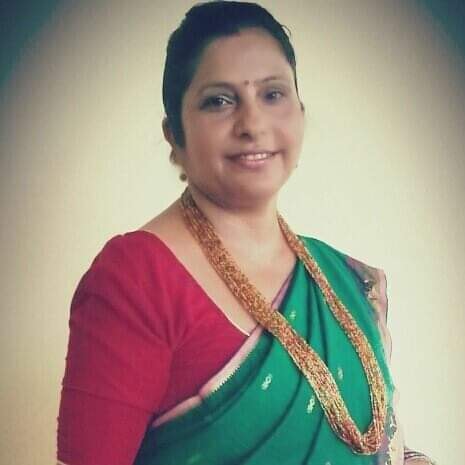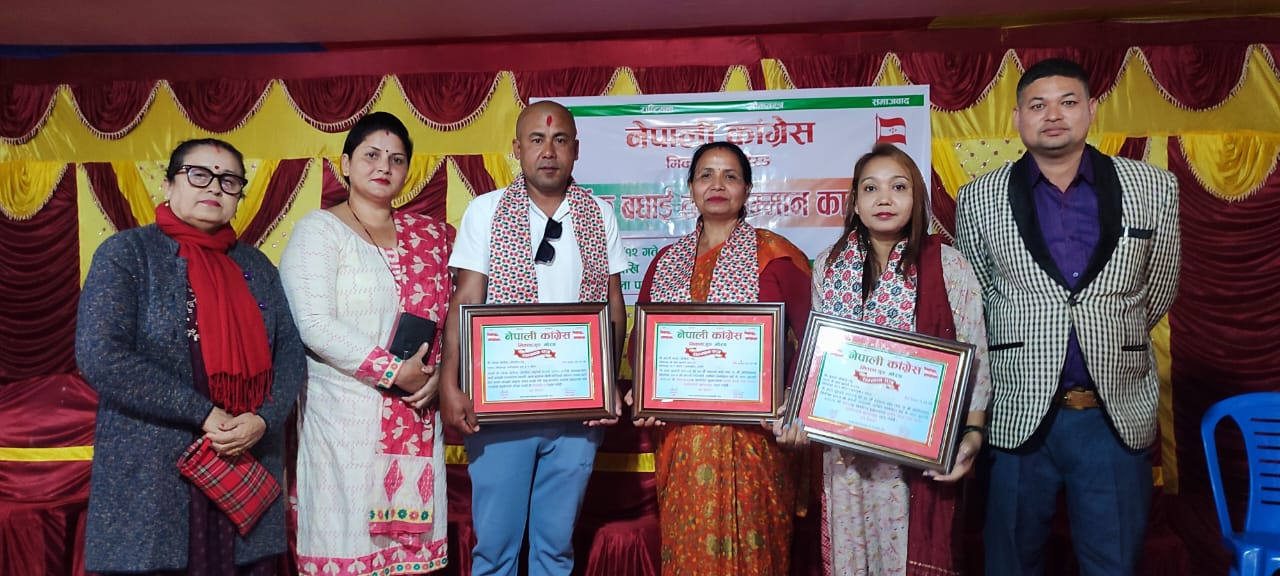
Narkaji Shrestha from Urlabari-5 in Morang district has become a role model, demonstrating that success can be achieved through constant efforts. Shrestha had left for Dubai as a migrant worker 19 years ago. After two years of continuous hard work on an agricultural farm in Dubai, he returned to Nepal.
After arriving in Nepal, Shrestha started raising cattle by purchasing two bighas of land in Jharsandi of Urlabari-1. He built a well-maintained shed, but the milk he produced did not find a good market. On the other hand, Shrestha also lacked the ability to operate the private processing industry.
Tragically, his cattle started dying with six of them perishing within three years. Shrestha had no choice but to abandon the business as one cattle died after another.
Shrestha decided to invest in a drinking water jar service business, adding extra money to the insurance payout. Despite having only completed up to grade four and lacking substantial technological knowledge, he even carried water jars to the fourth or fifth floor himself. However, the water business also did not yield the profit as expected. After four years, Shrestha began running a gold shop.
Shrestha said, “I collected the dues from the market and started the gold business with a loan. Unfortunately, the COVID-19 pandemic led to a total loss in the gold business.”
Subsequently, Shrestha ventured into the garment business. Despite facing losses in his previous endeavours, he started a sewing business in 2021. After two years of relentless effort, Shrestha’s sewing business finally flourished.
In his sewing business, Shrestha’s primary role is to craft ethnic costumes and manage their distribution. He employs five workers and works 18 hours a day. He remarked, “There is a high demand for ethnic costumes in the market, even working 18 hours a day with my team, we are unable to meet the demand.”
Additionally, Shrestha produces uniforms for schools, governmental and non-governmental organisations, and cooperatives.
Shrestha, who initiated his garment business by establishing a garment and showroom at his own house, acknowledges the difficulties he faced in the past. He invested Rs. 3.5 million in the garment business and realised that a significant amount of money was being transferred to India through the garment trade. He pointed out the challenge of finding skilled Nepali garment workers, often resorting to hiring Indian labourers.
Shrestha believes that we could achieve more if we could develop capable human resource in this field.









































